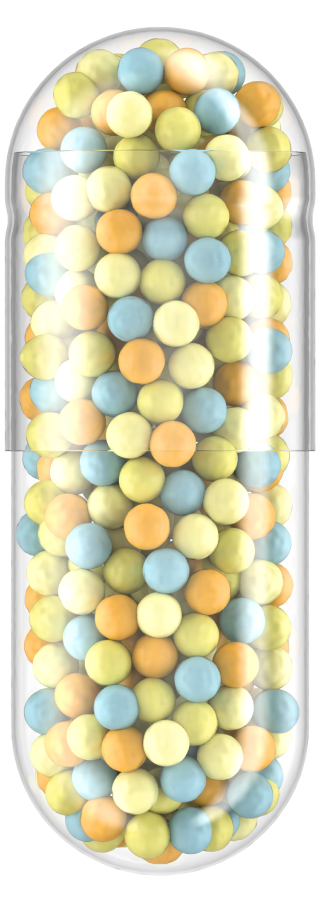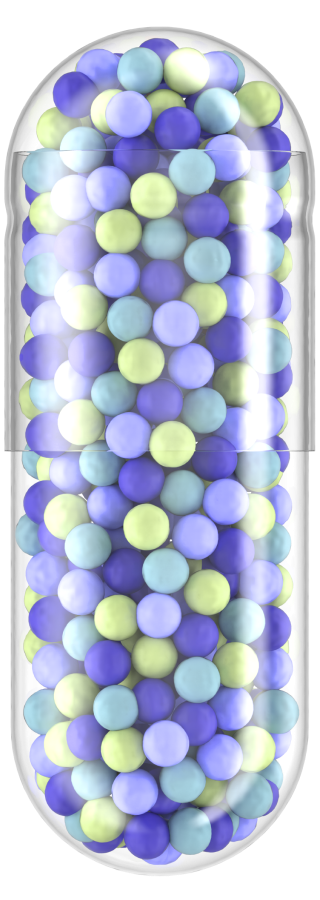Written by Joseph Claussen, Co-Founder

|
About the Author: Joseph has 20+ years of leadership experience in high-touch luxury industries. For the past five years, he has worked exclusively on mycology & plant medicine supply chain development with a focus on mushroom cultivation and extraction, nutrition science, health coaching, cognitive health, metabolic function, and product development in CPG supplements. Joseph is an avid speaker and cognitive health evangelist. |
Mucuna pruriens, a tropical legume long cherished in traditional Ayurvedic medicine, has been shown to promote brain health in recent studies.
Understanding Mucuna:
Native to tropical regions, Mucuna (also known as velvet bean) has been a staple in Ayurvedic medicine for its diverse therapeutic properties. The seeds of Mucuna are particularly intriguing due to their high concentration of levodopa, a precursor to dopamine.
The Dopamine Connection:
Dopamine, often referred to as the "feel-good" neurotransmitter, plays a pivotal role in regulating mood, motivation, and cognitive functions. The seeds of Mucuna offer a natural source of levodopa, which, once in the brain, is converted into dopamine. This connection to dopamine sets the stage for potential benefits to brain health.
Neuroprotective Properties:
Research suggests that Mucuna possesses neuroprotective properties, largely attributed to its antioxidant content. Oxidative stress, a byproduct of normal cellular processes, can lead to damage to neurons. Antioxidants in Mucuna may play a crucial role in neutralizing these harmful free radicals, potentially protecting nerve cells from oxidative damage.
Mucuna in Parkinson's Disease:
The relationship between Mucuna and Parkinson's disease is a focal point of scientific research. Parkinson's is characterized by a deficiency of dopamine in the brain, leading to motor impairments. Studies have explored the use of Mucuna pruriens as a natural source of levodopa, with promising results in alleviating symptoms in some individuals.
Mood Enhancement and Motivation:
The influence of dopamine on mood and motivation is well-established. Mucuna may contribute to an enhanced sense of well-being by supplying the brain with levodopa. Preliminary studies suggest that supplementation with Mucuna may positively impact mood and motivation.
Cognitive Function and Memory:
Dopamine, besides its role in mood regulation, is also crucial for cognitive functions such as learning and memory. Initial studies indicate that Mucuna may have a positive impact on cognitive performance, opening avenues for further investigation into its potential role in supporting brain function.
Aphrodisiac:
Studies show that Mucuna Purines can act as an aphrodisiac and improve sexual function as well as fertility in men.
Mucuna's rich supply of levodopa and neuroprotective antioxidants positions it as a promising ally in promoting cognitive well-being. As research continues to unravel the mysteries of Mucuna pruriens, it holds promise as a natural elixir, offering a holistic approach to nurturing the brain and fostering mental resilience.
References
https://www.ncbi.nlm.nih.gov/pmc/articles/PMC7239958/
https://examine.com/supplements/mucuna-pruriens/research/
https://www.sciencedirect.com/science/article/pii/S0015028208039356



